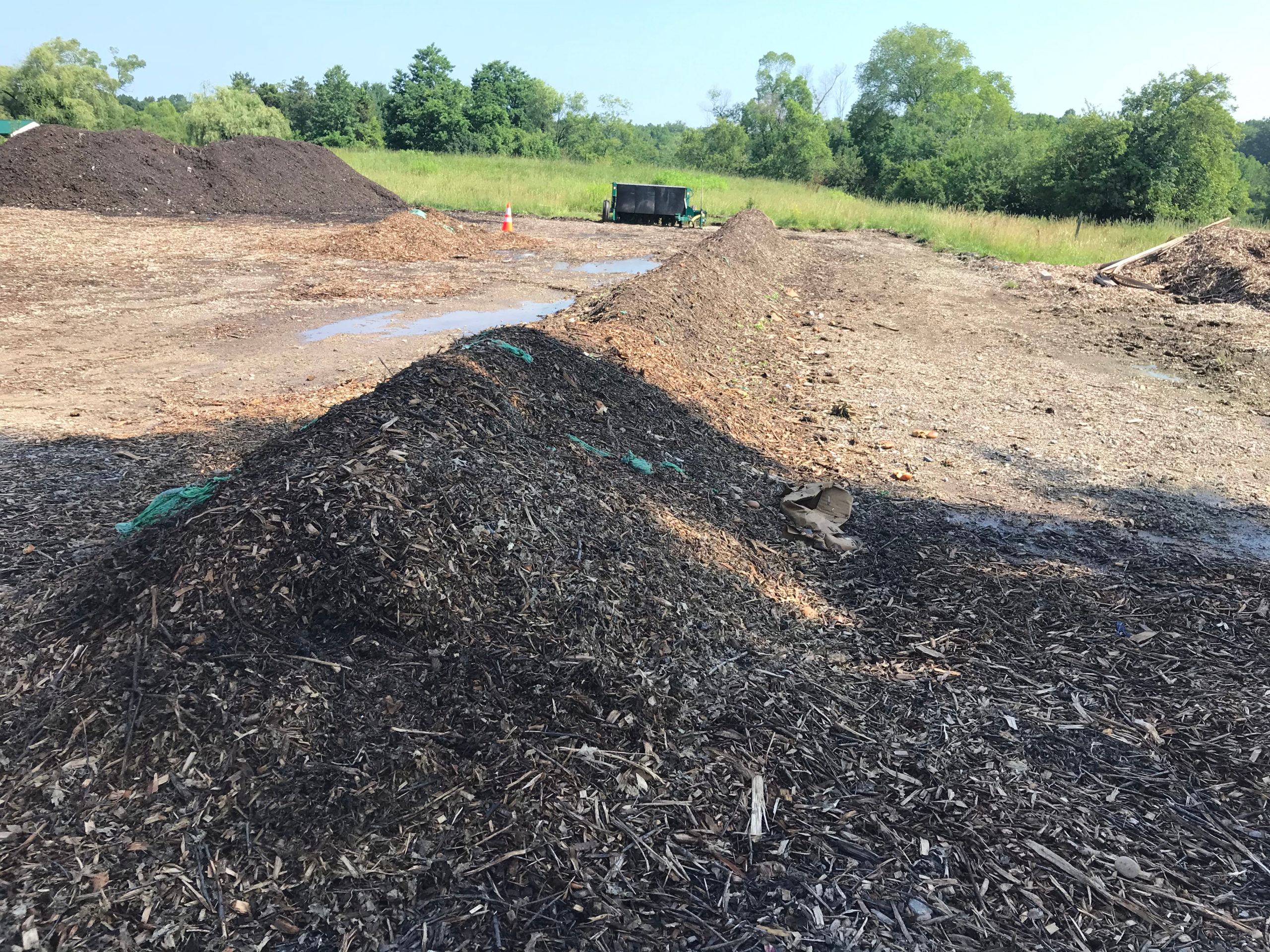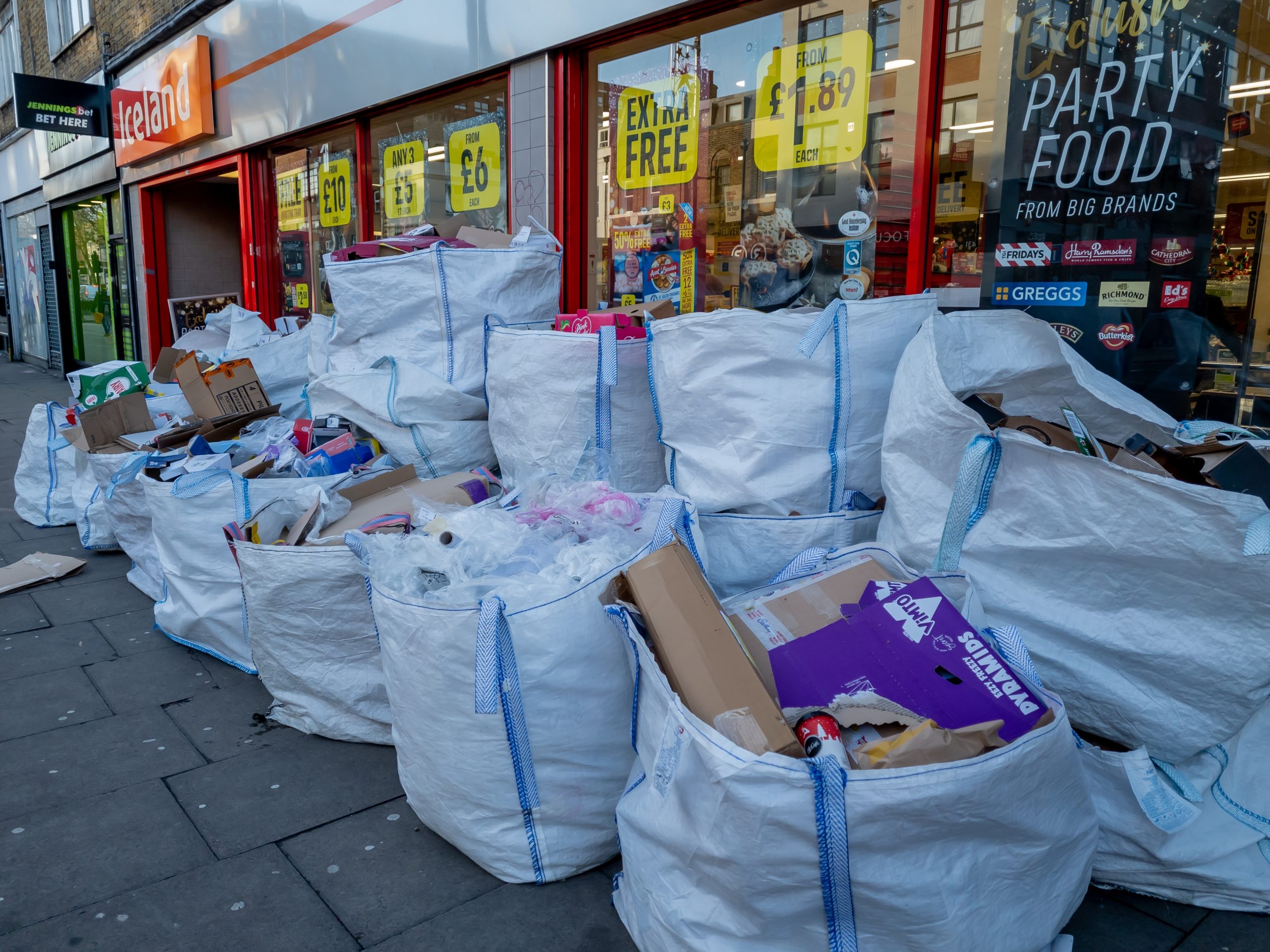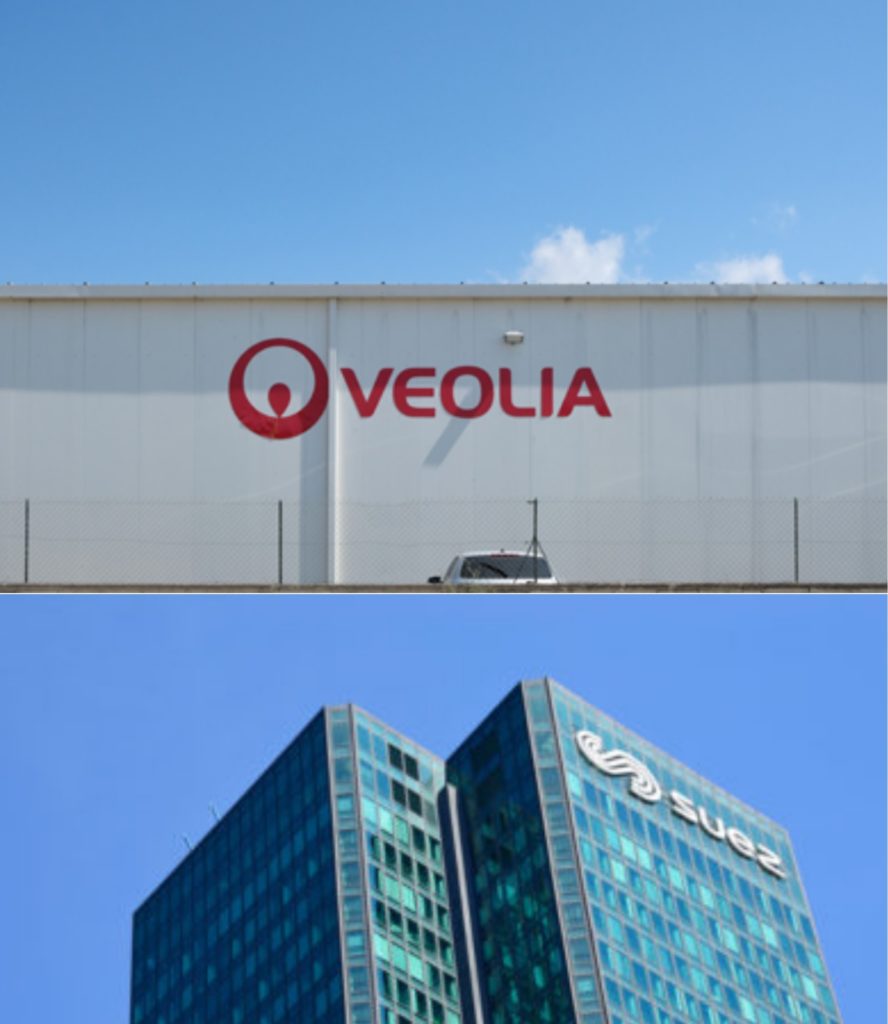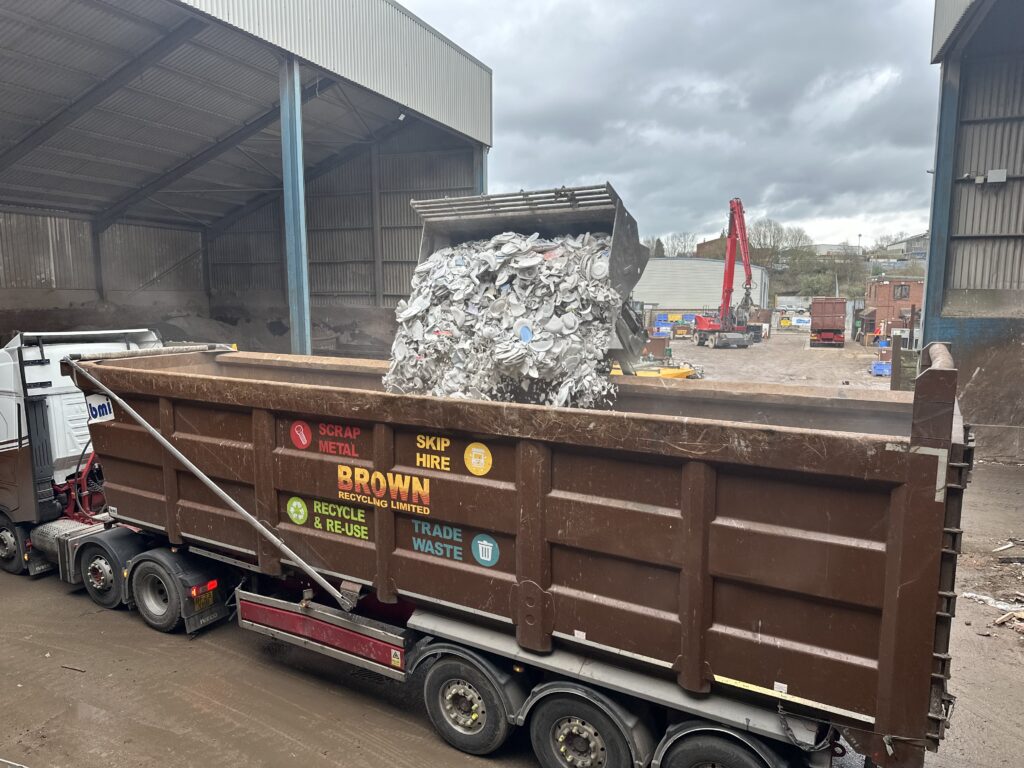The responses come from the National Association of Waste Disposal Officers (NAWDO), the United Resources Operators Consortium (UROC), the West London Waste Authority (WLWA), and a competitor known only as ‘Company A’.
Each cites various concerns, with the most severe being that the deal could force smaller operators into “extinction”, leaving local authorities with a lack of choice when procuring contracts.
In its results for 2021, published yesterday, Veolia said it had obtained permission to proceed with the merger from all competition authorities except those in the UK (see letsrecycle.com story).
Despite the competition concerns, the company said it expected the CMA to allow it to proceed with the acquisition later in 2022.
UROC
In its submission to the CMA, UROC, a trade association representing SME waste companies, says independent operators face “extinction” and could be “lost forever” if the merger goes ahead. This would result in price hikes being “passed on to consumers”, the trade association says.

UROC says the “combined route density” of the two operators in most areas will give “increased pricing leverage” against competitors in the battle for local authority contracts, leading to a reduction in the ability of others to compete.
Combining Veolia and Suez’s resources would “strengthen their hand” in taking over the supply of non-hazardous commercial and industrial (C&I) waste collection services and push out those operating regionally, UROC says.
The trade association says Veolia and Suez have already “essentially claimed” the market for non-hazardous municipal waste collection services. It claims allowing the merger would “only serve to extinguish any potential for smaller operators to service their local communities”.
If the merger goes ahead and has the adverse impacts envisaged, then independent operators face extinction
- UROC
UROC also claims that, if an operator could maintain a local position in a collections market but did not have any opportunity to deal with the residual waste in the Teesside, Wilton 11, Marchwood, and Kemsley local areas or elsewhere, then their business would fail. “The collection side would then, by default, be swept up by the merger,” the trade association says.
NAWDO and WLWA
Emma Beal, as chair of NAWDO and managing director of the WLWA, submitted two similar responses to the issues statement. Ms Beal worked for Suez from 2003 to 2016.

In both her NAWDO and WLWA responses, Ms Beal says Veolia’s acquisition of Suez removes local authorities’ option to use “fully integrated” contracts because they are the only companies known to provide them. “It cannot be assumed that a local authority not using an integrated contract currently will not want to do so in the future,” she adds.
She says the acquisition could give Veolia and Suez “strategic control” of transfer stations in some regions including West London, leaving local authorities “unable to access competitive offers for smaller contracts”.
And, Ms Beal says that, once the “effective date” by when councils must implement consistent collections is known, local authorities will let contracts for collection, sorting, transport, disposal, vehicles, bins, and other equipment. If any one company can “control or maintain a substantial competitive dominance” in these markets, she claims, this will “limit availability to smaller organisations, increase cost to the public purse and create a risk for local authorities of procurement challenge or non-compliance with the legislation.”
In her submission as chair of NAWDO, Ms Beal also says there is a need for “as much competition as possible” around material recycling facilities to ensure “speedy innovation and improvement in recycling markets” and to achieve the “tough targets” set out in the Environment Act.
Company A
The CMA also published a response from Company A, described as an SME regional waste and recycling operator providing non-hazardous C&I services to offices, hospitality, and retail facilities.

The CMA adds that Company A is a “minor competitor” to Veolia, Suez, and Biffa for national C&I contracts.
Company A says it believes that a merger of Suez and Veolia will result in a “substantial lessening of competition” for national contracts.
Like UROC, Company A says Veolia and Suez’s combined route density and dominant market share for national contracts will give “increased pricing leverage” against competitors.
Company A also claims it is aware of instances of Veolia “pricing particularly aggressively” in the areas where they combine commercial and residential collections. “A wider national footprint for combined commercial and domestic collections could mean that in bids for national contracts the combined company will be in a position to offer particularly aggressive pricing over a wider area, making it difficult for others to complete, lessening competition,” Company A says.












Subscribe for free